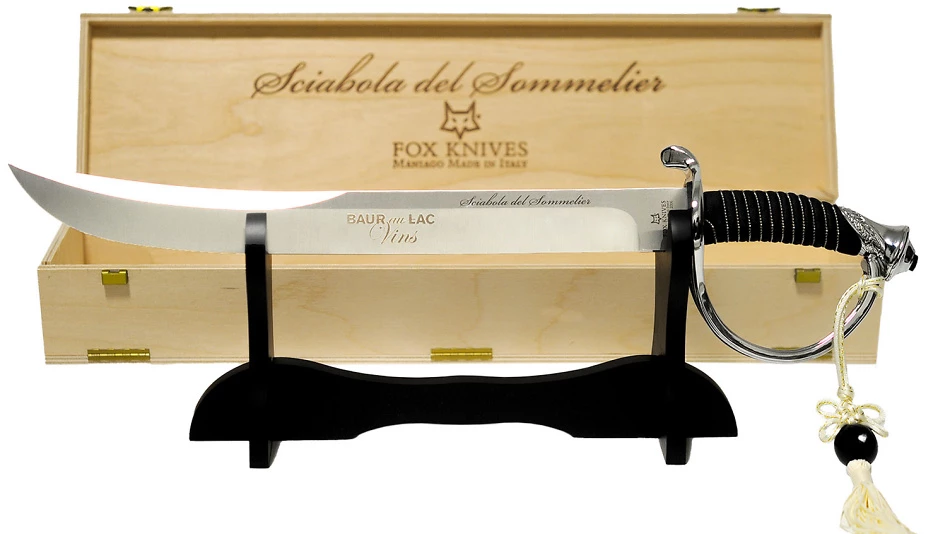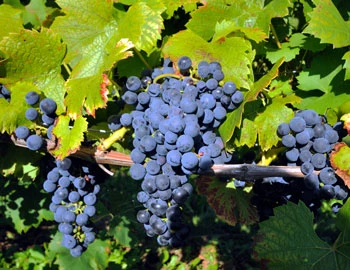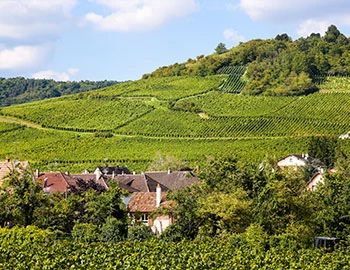
Abelé 1757 Le Sourire de Reims Brut Rosé 2008
AOC Champagne, 750 ml

| Grape variety: | Pinot noir |
| Producer: | Abelé 1757 |
| Origin: | France / Champagne |
| Other bottle sizes: |
Description
The structure of this rosé is as fine as the features of the famous «smiling angel of Reims». Aromatic and seductive, this single-varietal prestige cuvée made from Pinot Noir. Initial floral aromas of roses and poppies are followed by intense notes of liquorice and red fruits, especially freshly picked strawberries. These characteristic strawberry aromas, the Pinot Noir grapes of this rosé come from Les Riceys, are beautifully enlivened by a natural fresh acidity, also typical of grapes from Les Riceys, allowing cellar master Etienne Eteneau to do a full organic malolactic fermentation. A gentle structure and finesse characterise the palate and the elegant suppleness as well as freshness, complemented by the liveliness and depth of this special vintage, give this champagne an almost eternal youth. Enjoy it with tuna tartare, spicy charcuterie such as Parma ham or sorbets.
Celebrate the Art of Sabring!

With its elegant design, this champagne sabre is not only an impressive eye-catcher at any celebration and an indispensable tool for stylish sabering, but also the perfect gift for all passionate sparkling wine lovers.
Attributes
| Origin: | France / Champagne |
| Grape variety: | Pinot noir |
| Ripening potential: | 6 to 20 years |
| Drinking temperature: | 10 to 12 °C |
| Volume: | 12.5 % |
| Note: | Contains sulphites |
Abelé 1757
CHAMPAGNE MAISON ABELÉ 1757
exceptional – tailor-made – long maturing time – very small quantities
Maison Abelé 1757 is one of the oldest Champagne houses. With a deliberately limited production, it preserves the familiar character of a small company while guaranteeing the highest quality – two and a half centuries of stories and legends in the heart of Reims.

Pinot noir
Blueprint of the terroir
No other variety expresses its terroir as precisely as Pinot noir. It is a sensitive, fragile grape. But when it succeeds, it gives the world some of its very greatest wine plants. It especially excels in Burgundy, where it has been cultivated for at least 700 years. Even in the middle ages, it was considered so precious that it was kept separate from other grapes so as to not diminish its value. The finest examples are delicate and fragrant with aromas of cherries and red berries. With maturity, notes of forest floor, leather and truffles enter as well. An irresistible fruity sweetness still shines through, even after several decades. The Pinot noir does well in cool locations: in Switzerland and in Germany, where it is known as Blauburgunder and Spätburgunder respectively; in Alsace and in South Tyrol, in Oregon, New Zealand and Tasmania. Not least, it yields fantastic champagnes. It is a wonderful culinary companion. With its soft tannins and charming bouquet, it meshes with everything, from Güggeli and cheeses to fried fish.

France
France – Philosophy in a bottle
According to French philosophy, wine should be an expression of the soil and climate. They use the word “terroir” to describe this. Terroir makes every wine different, and many especially good. French wine is regarded worldwide as an expression of cultural perfection. The French believe that humans are responsible for the quality of the berries, the vine variety for their character, and nature for the quantity. This philosophy can be expressed succinctly as: “the truth is the vineyard, not the man.”


